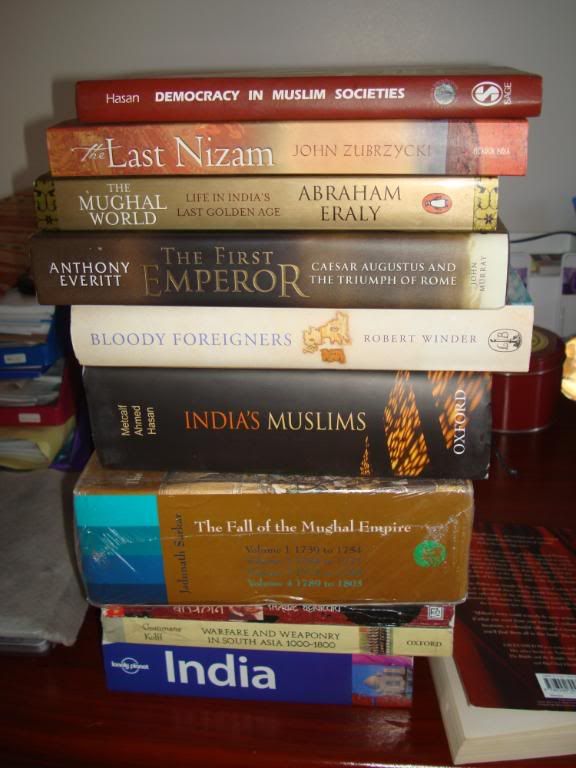A brilliant hard hitting essay on studying Militant Islam as a source for Islamist Terrorism. I quote some interesting titbits (he also discussed Pape's work, btw):
Bergen debunks the widespread conspiracy theory that Bin Laden collaborated with the CIA in the 1980s.....
He also settles the debate over al-Qaeda’s pre-1996 existence. Jason Burke and others (including myself) had questioned the view of al-Qaeda as a coherent and self-aware organization founded in the late 1980s, pointing to the near-absence of pre-9/11 textual sources containing the name “al-Qaeda”. Bergen, however, unearthed recently declassified minutes from the founding meetings of al-Qaeda in 1988, as well as testimonies from the early 1990s, confirming the organization’s existence
Since the early 1990s, Bin Laden has been screaming for attention, always declaring his intentions before putting them into practice. Yet it was not until 2005 that these declarations were made available to a broader Western public with the publication of Messages to the World, a reader of Bin Laden’s texts edited by Bruce Lawrence, a professor of religious studies at Duke University.
Bin Laden’s discourse is profoundly political and elegant in its simplicity. It is populism at its most effective and most frightening.
Osama bin Laden’s central theme is the suffering and humiliation of the Muslim nation (the umma) at the hands of non-Muslims. He conveys a pan-Islamic nationalist world view according to which the umma is facing an existential threat from outside forces led by the US. Bin Laden’s principal rhetorical device is the enumeration of symbols of suffering – examples of situations where Muslims have been humiliated or oppressed by non-Muslims, such as in Palestine, Chechnya, Kashmir and, above all, his homeland, Saudi Arabia, where the US military “occupies” the holy places of Islam. The only way to defend against this onslaught, he argues, is to confront America militarily.
Today, only one movement is able to wage war on a global scale, namely Islamism. This movement owes its strength to its decentralized character and its ability to exploit religious, political and social grievances. It is an essentially modern phenomenon which uses terrorist tactics and sophisticated media.
The deeper cause of the growth of Islamism, Enzensberger argues, is the intellectual sclerosis of the Arab and Muslim world, as documented by the Arab Human Development Report.The hostility of medieval Islamic scholars to secular knowledge prevented progress and sent the Muslim world into a state of near-permanent civilizational backwardness. This economic and scientific inferiority has created a sense of humiliation which is particularly painful because it clashes with the age-old Arab sense of superiority towards other peoples. The result is a collective hypersensitivity to outside criticism and a tolerance for violence against others. This in turn creates a beneficial environment for Islamism and terrorism.







